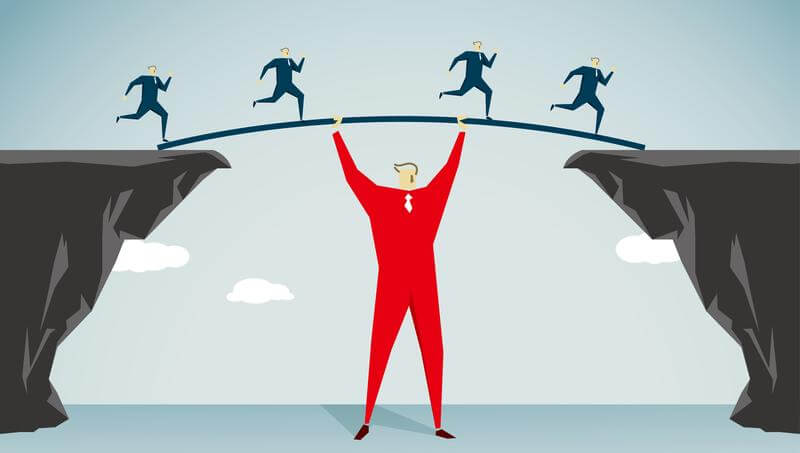Why I Went Into Business
I grew up wanting to be a psychologist or a journalist. I lived in a community in Philadelphia where business was seen as crass, as selfishly grasping for material wealth instead of seeking to make a positive difference in the world.
But shortly after graduating from college, I found myself working hard to create a new for-profit business. The experience changed my point of view — and altered my path. I discovered that private enterprise could be a powerful force for good, and a lot of fun, too.
This all came about when I discovered an opportunity to help people quit smoking more effectively than any other programs could. I had smoked cigarettes regularly for seven years. I tried to quit and failed a dozen times. I was discouraged and nearly gave up.
Then I decided to take a step back and observe how I was using cigarettes. I wanted to understand what was going on inside me, around me, and why I was lighting up 20 times per day.
Understanding people’s underlying needs
Over the course of the next year, I made an effort to observe how I was using each cigarette to became aware of my underlying needs. I noticed, for example, that stress and anxiety were common triggers. Once I became aware of this, it was easy to come up with alternative solutions such as deep breathing and prayer. When I experienced relational conflict, instead of lighting up and suppressing my feelings, I learned new communication skills to resolve the issues.
And although I had initially thought smoking made me look cool and mature, I affirmed the truth that being in control of my own behavior and choosing healthy habits is what’s really mature. I decided that not trying to look cool is the foremost prerequisite for being cool. These insights into my underlying needs made it possible for me to generate alternative solutions to smoking that, much to my delight, were actually more satisfying than cigarettes. As a result, within a year, I completely quit without willpower and never missed it.
This simple insight was enough to motivate me to leave my job and start developing my own smoking-cessation program. Eventually I got the rights to market Smokender’s in Greater Philadelphia.
Smokender’s was developed by another ex-smoker who had discovered the very same technique I had learned. The program was proven to be twice as effective as any other program, but it had only been marketed to individuals. I saw an opportunity to launch it as a corporate healthcare cost containment measure. With this new positioning, the business took off. I was earning good money, making a difference, and having a blast!
What I learned
I learned two important lessons from this experience. First, business can be a tremendous force for good that outshines non-profit and government efforts because it is for-profit. Because I only got paid if I delivered results, I was highly motivated to ensure the programs were excellent. Businesses can indeed do well by doing good, by focusing on what is truly in the best interest of customers, rather than exploiting them.
I have no doubt that there are many honorable and successful business people who have known and practiced this long before my youthful revelation. At the same time, there will always be a tension between serving self and serving others. This tension is illustrated by the Conscious Capitalism movement today.
The second important lesson I learned was that it is essential to understand customers’ needs before attempting to create value to address them. As obvious as this may seem, many people have accepted the wrongheaded belief that customers cannot tell us what they want. If we understand that the need is separate and distinct from solutions, however, we find that customers can indeed tell us what they want to accomplish.
In reality, people don’t want to purchase our products and services. They want to get something done. Keeping this distinction clear makes it possible to obtain and prioritize customer needs — needs that are ideal for guiding innovation and growth — in just about any market. Indeed, the best creativity trigger for generating new value for customers is a well-defined, unmet customer need.
(This article first appeared in The Business Journals, January 29th, 2016)




